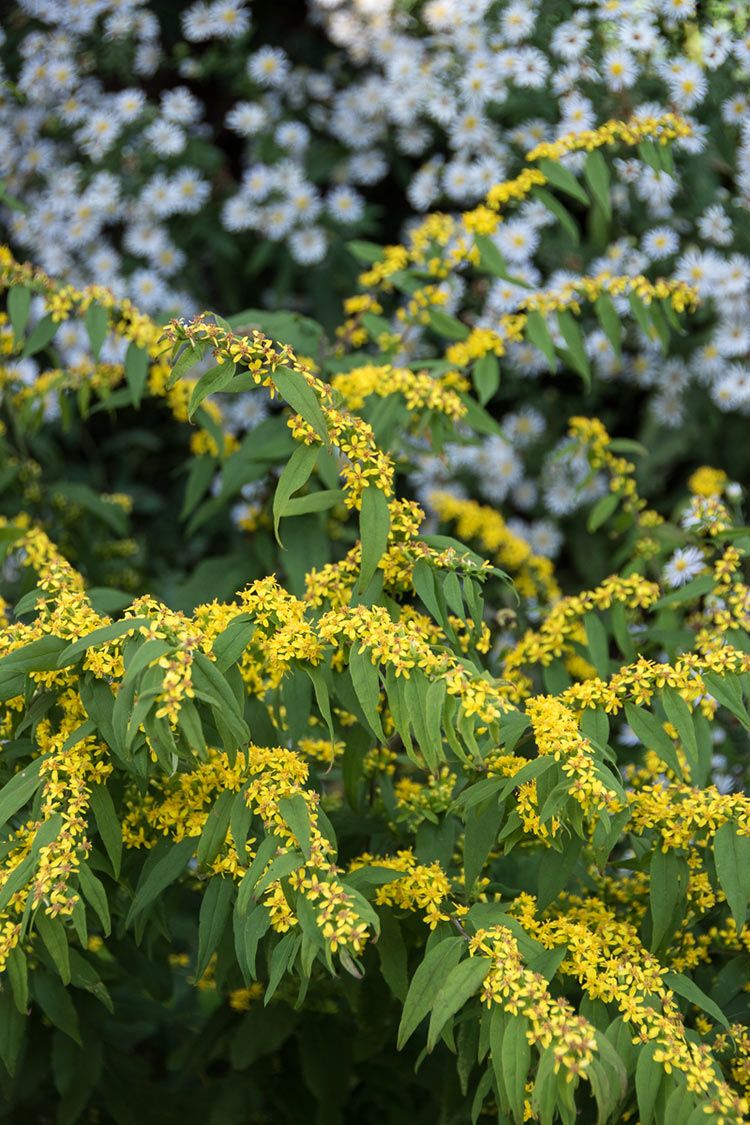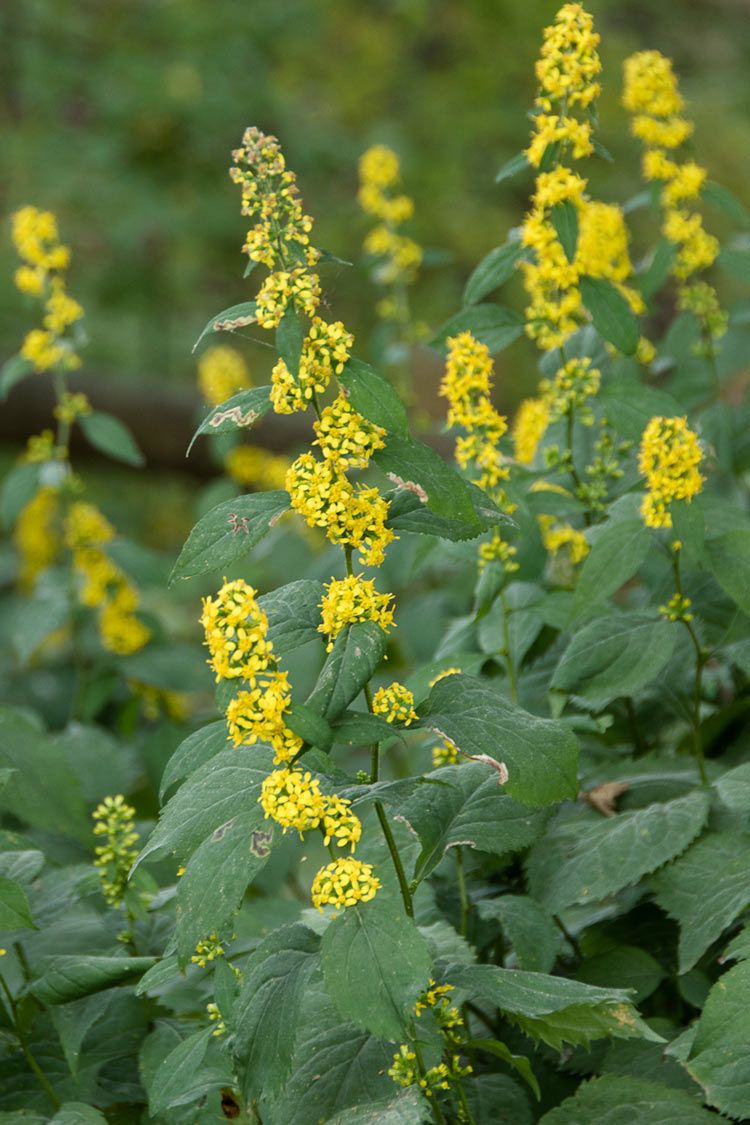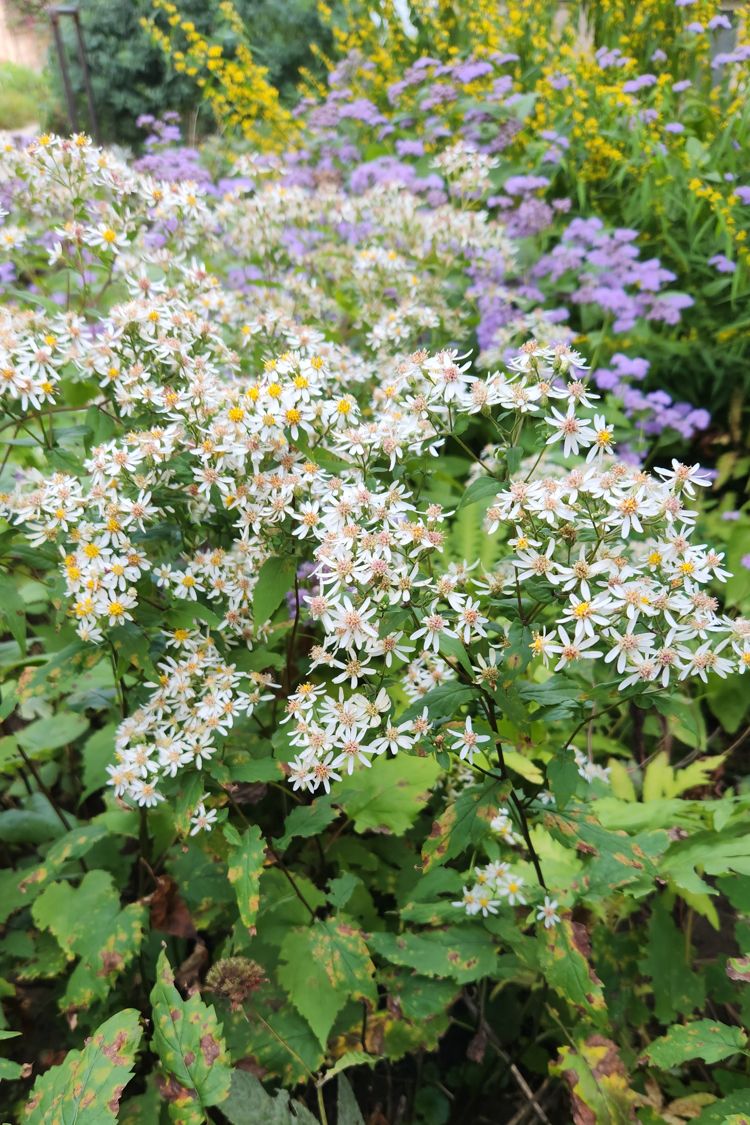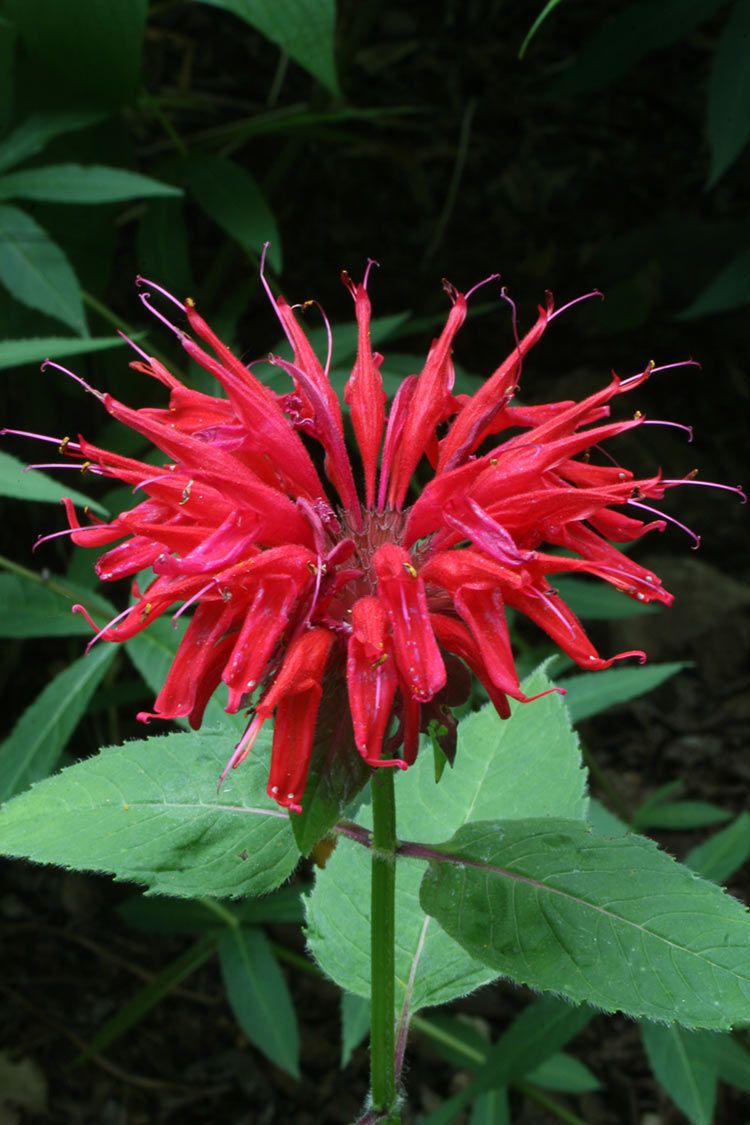Anise Scented Goldenrod
Solidago odora
Native to open woodlands of the East and Southeast U.S., Solidago odora is named for the licorice fragrance given off by the leaves when crushed. The dense spires of golden-yellow flowers provide a burst of late season color in dry shade …
Plants
3" Pots
Sold Out
1-4
$7.99
ea.
5-10
$6.99
ea.
11-31
$5.99
ea.
32+
$4.99
ea.
Availability:
Sold out
SKU
38751-03
| Soil Type | Loam, Sand |
|---|---|
| Soil Moisture | Dry, Medium |
| Sun Exposure | Partial, Shade |
| Height | 2' - 4' |
| Bloom Color | Yellow |
| Bloom Time | Aug, Sep |
| Spacing | 1' |
| Zones | 4, 5, 6, 7, 8, 9, 10 |
| Root Type | Fibrous |
| Benefits | Birds, Butterflies, Pollinators, Host Plant |
Native to open woodlands of the East and Southeast U.S., Solidago odora is named for the licorice fragrance given off by the leaves when crushed. The dense spires of golden-yellow flowers provide a burst of late season color in light shade.
All Goldenrods support a host of pollinator and insect activity, and this goldenrod is no exception. The Wavy-Lined Emerald uses Anise Goldenrod as a larval host, as do numerous other smaller moths.
Planting and Cultivation Notes
Goldenrods are often blamed as the cause of hay fever, which is an allergic reaction to wind-borne pollen. Most native wildflowers, including Goldenrods, do not have wind-borne pollen. Instead, the pollen is moved from bloom to bloom by bees, butterflies and other pollinators.
You might also like...








